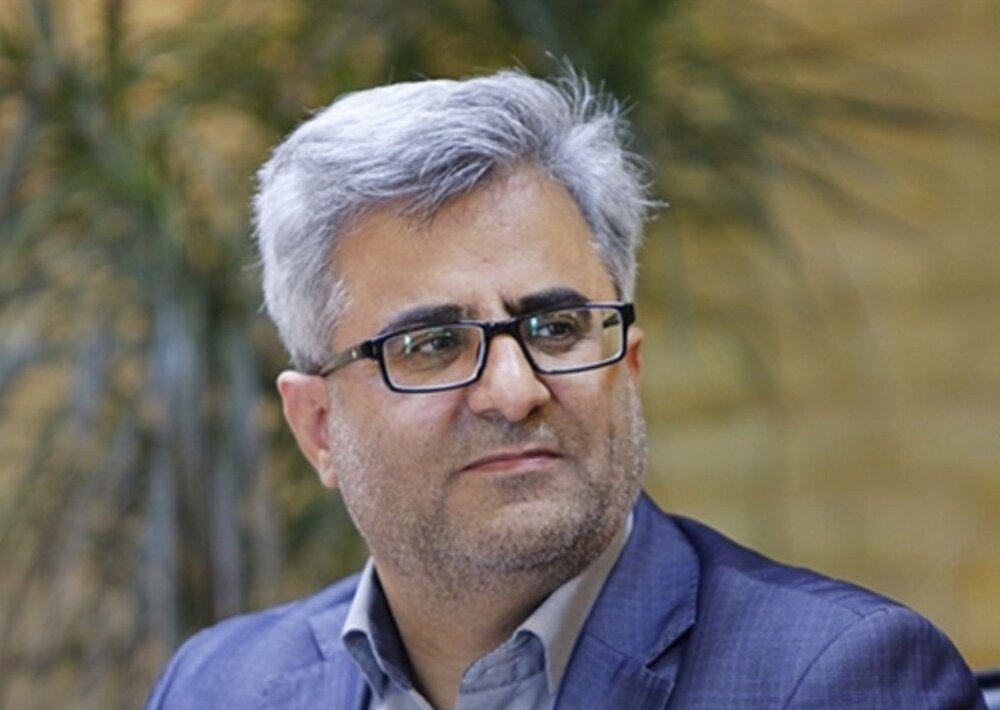Virtual, actual or in between: deputy minister briefs on Iran tourism during pandemic

For a long time, guided excursions have been at the heart of travel, but like everything else, the coronavirus pandemic has upset such events, and many starting to go online.
Socially-distanced craft workshops, virtual museum tours, city tours accompanied by avatar guides are amongst examples showing us how virtual realities are adapting to the pandemic era.
After months of shocking blow, travel begins to tick up once again as existing tour companies are adapting to social distancing in other ways. Some are complementing virtual experiences. Others are making groups smaller or private and moving outdoors for ecotourism, rural excursions, and birdwatching to name a few.
In an interview with the Tehran Times, Vali Teymouri, the deputy tourism minister, has made it more clear how traveling and hospitality sectors of the country are adopting to the virus-related limitations, he also explained how effective changes should be made.
Teymouri on Tuesday stressed the need to re-analyze target markets, redefine tourism products and improve the level of e-services.
“Defining new standards for e-services to tourists is very necessary due to the change in the general structure of travel during the coexistence with the coronavirus and post-corona world,” the official said.
He also pointed to measures the tourism ministry has so far been adapted such as broadening the support for tourism insiders offering them relief packages including debt deferrals and low-interest, long-term loans.
Detailed health protocols and criteria for smart, responsible travels were amongst other duties of the ministry to lessen risks of travels.
He called it significant and stressed the need for consensus and exchange of experiences between countries to curb the pandemic. The official underlined that a tight link exists between tourism and employment particularly in local communities.
“Advancement of entrepreneurship, especially at the local levels and by the means of startups, is of very high importance for the Ministry of Cultural Heritage, Tourism and Handicrafts, and it is on top of the list of our priorities.”
“Entrepreneurs also play a significant role in the increase of competitiveness between tourism businesses and destinations.”
Elsewhere in his remarks, the official attached great importance to sightseeing tours, which could be more beneficial to local communities and their economy.
“We need to revise marketing strategies, and to redefine tourism products by paying great attention to nature tours, rural tourism, ecotourism, agricultural tourism as a tool to empower local communities and travel businesses.”
Tourism minister Ali-Asghar Mounesan publicized in November that mass, unplanned travels are not approved. “The outbreak of the coronavirus has caused damage to the tourism industry in Iran and [other parts of] the world in such a way that according to statistics, 50 million people are directly and indirectly exposed to unemployment due to the virus spread in the global scene…. yet, mass or unplanned and irresponsible travels are not approved to take place during the coronavirus era.”
Smart and responsible traveling should replace "do not travel” recommendations, the minister stressed, adding: “In our country, Corona has caused problems in the tourism industry and the worrying point is the continuation of this trend.”
“We are well aware of what the National Headquarters for Coronavirus Control proclaims [the health protocols], hence as a proposal, we have formulated some smart, responsible travel packages by the implementation of which we could have secure travels.”
The minister also cited examples of similar models being practiced in other countries, saying “Some countries, including several neighboring ones, have activated their tourism sector….. In some countries, a label has been affixed to some hotels indicating which particular hotels are safe and all health protocols are being strictly enforced.”
Mounesan has repeatedly announced that his ministry is in full coordination with the Ministry of Health for strictly implementing health protocols in travel destinations, hospitably centers, and museums, amongst others, underlining that “people’s health is our priority.”
Tourism [industry of Iran] was growing before the corona [outbreak], its revenues reached $11.7 billion in 2019, which accounted for 2.8% of GDP, near the average share of tourism in the world GDP, which was 3.2 percent, the minister explained.
He said 8.7 million foreign nationals visited Iran during the past [Iranian] year (1398), adding that Iran was ranked as the second fastest-growing country in tourism based on data compiled by the World Tourism Organization. “On the onset of coronavirus, tourism faced a sharp decline in the world including our country. So that in the first three months of the current [Iranian] year the number of foreign tourists dropped to 74 --- it was reached almost zero!.”
Iran expects to reap a bonanza from its numerous tourist spots such as bazaars, museums, mosques, bridges, bathhouses, madrasas, mausoleums, churches, towers, and mansions, of which 24 being inscribed on the UNESCO World Heritage list. Rooted in ancient Persian civilization, the nation that has survived numerous alien invasions and natural disasters over its rich history while maintaining its appeal to local and foreign tourists.
AFM/
Leave a Comment